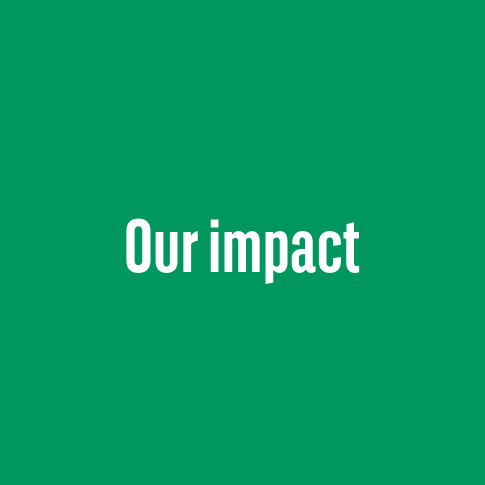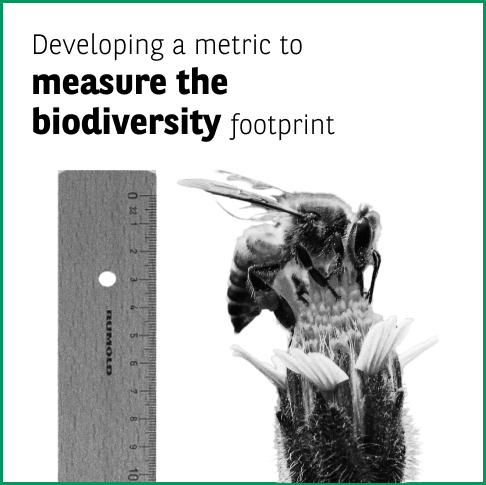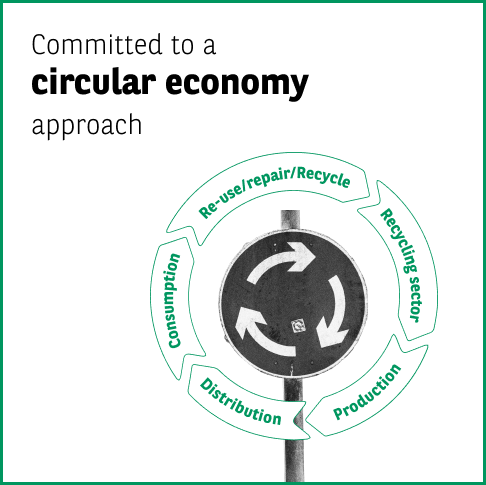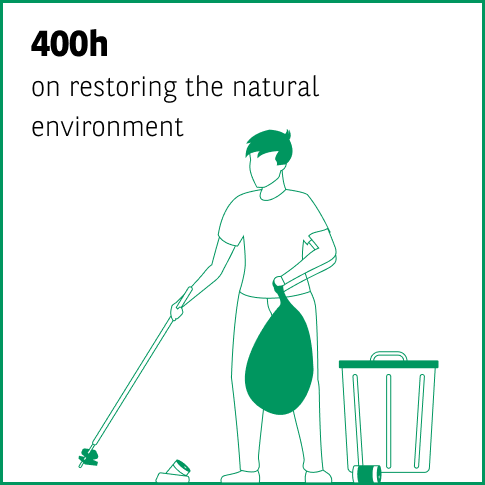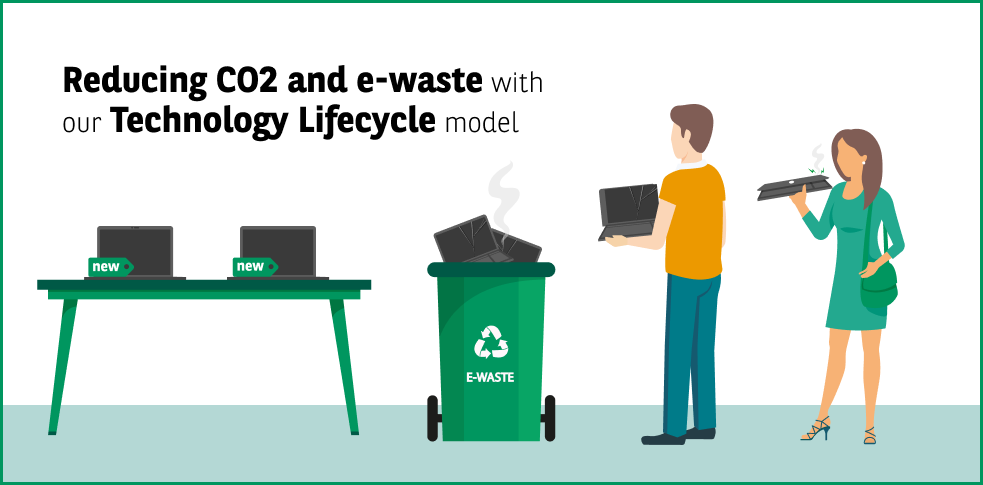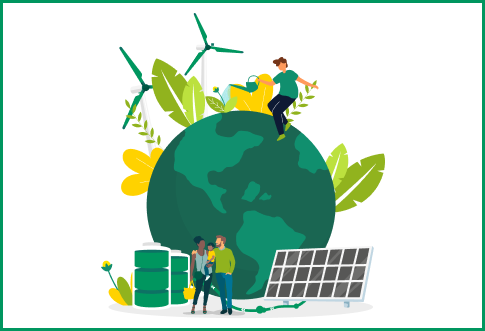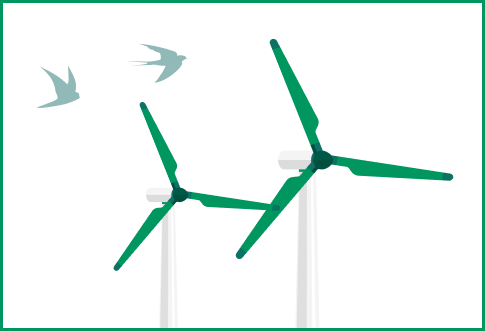Transition to an economy that respects planetary boundaries

Addressing loss of natural capital
Our current economic growth results in a loss of natural capital, leading to adverse impacts on ecosystems and scarcity in the variety of available resources. Resource extraction and processing are responsible for 50% of CO2 emissions and 90% of biodiversity loss. At the same time, more than half of global GDP depends on nature and its resources. Risks from our current linear economy lead to volatility in resource supply and prices, and failures in the value chain. A transition to a sustainable more circular economy within planetary boundaries, creates new business opportunities, resilient supply chains, less pollution, more jobs and economic value, and more social cohesion.
Policies aimed at protecting natural capital and resources are increasing at the regional, national and international levels. We face transition risks if our portfolio allocations and strategies are not aligned with this. For example, we already see economic and social impacts as a result of too high levels of nitrogen in the Netherlands. Our clients are confronted more and more with the risks of these developments. Especially in industries that depend on natural capital, such as food & agriculture, transportation, construction, consumer goods and mining. At the same time, these developments lead to a wide variety of business
opportunities, innovations and new business models.
We are committed to working together with our clients to capitalize on these opportunities and accelerate the transition.
